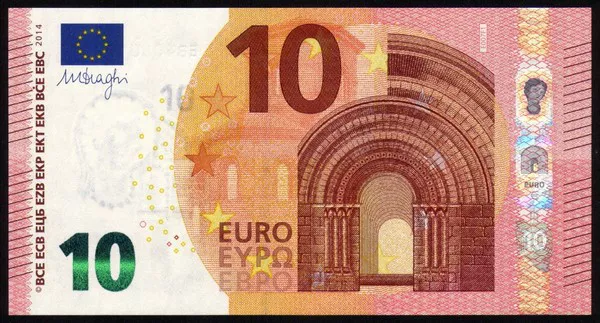As we enter the year 2023, there is speculation about the potential trajectory of the Euro currency. Will it strengthen against other major currencies or face challenges ahead? In this article, we delve into the factors that may impact the Euro’s strength in 2023, examining economic indicators, political developments, and global market trends.
Economic Factors Influencing the Euro’s Strength:
- Economic Recovery: The Eurozone’s economic recovery from the COVID-19 pandemic will play a crucial role in determining the Euro’s strength in 2023. Factors such as GDP growth, employment rates, and inflation levels will shape market perceptions and investor confidence.
- Monetary Policy: The European Central Bank’s (ECB) monetary policy decisions will significantly influence the Euro’s strength. The stance on interest rates, bond purchases, and other monetary tools will impact the currency’s attractiveness and affect its value relative to other currencies.
- Trade and Current Account Surplus: The Eurozone’s trade balance and current account surplus can contribute to a stronger Euro. A robust export sector and a positive balance of payments indicate the region’s competitiveness and can attract foreign investment, bolstering the currency’s value.
Political Developments and Euro Stability:
- Political Stability: Political stability within the Eurozone is crucial for the Euro’s strength. A stable political environment fosters confidence among investors and businesses, encouraging economic growth. Factors such as elections, policy reforms, and geopolitical developments can influence the perception of the Euro’s stability.
- Eurozone Integration: Efforts to deepen European Union integration can positively impact the Euro. Closer fiscal and financial integration among member states can strengthen the currency’s stability and enhance market confidence in the Eurozone as a whole.
- Potential Risks: Political uncertainties, such as political tensions among member states or challenges related to the EU’s institutional framework, could exert downward pressure on the Euro. Political crises or events that create doubts about the Euro’s future could weaken the currency in 2023.
Global Market Dynamics and External Factors:
- US Monetary Policy: The monetary policy decisions of the United States Federal Reserve (Fed) can influence the Euro’s strength. Diverging interest rate policies between the ECB and the Fed can impact the Euro-Dollar exchange rate, as well as investor preferences for different currencies.
- Global Economic Growth: The strength of the global economy, including major trading partners of the Eurozone, can impact the Euro. Stronger global growth can lead to increased demand for Eurozone exports, supporting the Euro’s value.
- Geopolitical Developments: Geopolitical events, such as trade disputes, Brexit-related developments, or regional conflicts, can create volatility in global markets and impact the Euro’s strength. Uncertainties surrounding these events can affect investor sentiment and currency valuations.
Market Sentiment and Investor Confidence:
- Risk Appetite: Investor sentiment and risk appetite can significantly influence the Euro’s strength. Positive market sentiment, driven by optimism about economic recovery, political stability, and global market conditions, can support the Euro’s value.
- Safe-Haven Demand: In times of global economic uncertainty or market turmoil, the Euro can benefit from its status as a safe-haven currency. Increased demand for safe-haven assets can strengthen the Euro relative to riskier currencies.
- Market Speculation: Speculative activities and market expectations can impact the Euro’s short-term fluctuations. Traders and investors closely monitor economic data, central bank communications, and geopolitical events, which can contribute to volatility in the currency markets.
Conclusion:
Predicting the future strength of a currency is a challenging task influenced by numerous factors. While various economic indicators, political developments, global market dynamics, and investor sentiment shape the Euro’s outlook in 2023, the currency’s performance remains uncertain. Monitoring economic indicators, policy decisions, and geopolitical developments will be crucial to understanding the Euro’s trajectory. Investors, businesses, and policymakers must remain vigilant to adapt to the evolving landscape and make informed decisions in a dynamic global economy.
Related Topics:
- Unveiling the Origins of the 50 Euro Cent Coin
- Is the European Economy in Trouble?
- Assessing the Euro’s survival to 2023 and Beyond




























